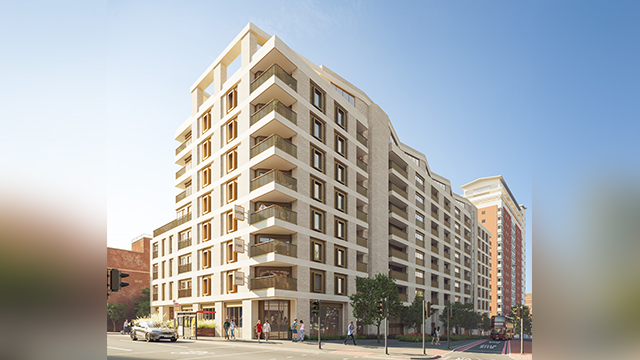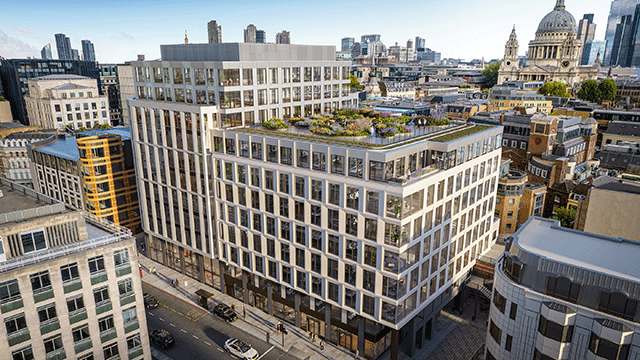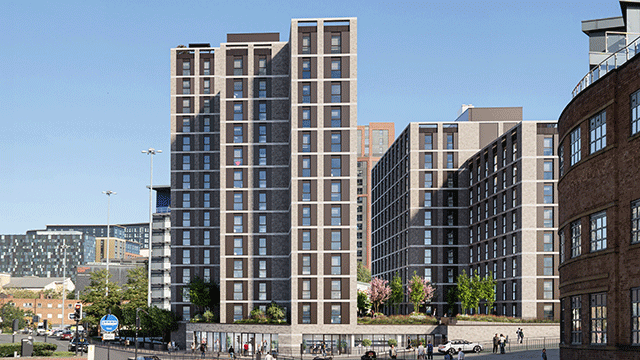Oxford saw the sharpest increase in house prices in the year to May, according to the Hometrack UK Cities House Price Index.
Prices in the city rose by £42,000, £3,000 more than the £38,900 growth seen in London, and nearly four times the £11,500 growth seen nationally.
According to the index, cities in the South of England recorded the strongest growth in pricing owing to robust demand and strong local economies.
Richard Donnell, director of research, Hometrack, said: “An increasing proportion of households are feeling the benefits of the improving economy, which means that house price growth is set to continue in the coming months. The greatest risk is an earlier-than-expected increase in interest rates, which would knock market sentiment.”
The findings came at the same time as research released by the Mortgage Advice Bureau said home buyers’ deposits reached a new post-recession peak in May 2015 as house prices continued to rise.
According to the National Mortgage Index, the average purchase deposit now exceeds £72,000 and average loans also reached a six-year high in May.
However, Hometrack and others warned about the sustainability of such house price growth.
Donnell said that affordability pressures would soon bite in the high-growth markets, where growth is sustained by lack of supply and below-average transaction volumes.
Savills residential research recently predicted a 10.4% rise in the price of London homes to 2020, compared with 26.4% in the South East, and 21.1% in the South West.
They said the costs of home ownership for under 35s and new mortgage stress testing are acting as a dampener on future house price growth.
Hometrack’s index measures 20 cities around the UK that cover a land area of less than 5% but contain more than 40% of the value of UK housing.
They said that all 20 cities recorded gains in the past 12 months, but those in the North fared the worst. Liverpool, Newcastle and Sheffield are still 14%, 8.5% and 3.8% below their 2007 peak and are among nine cities in the North of England, Scotland and Northern Ireland that are recovering at a much slower pace due to weaker demand from house buyers.











